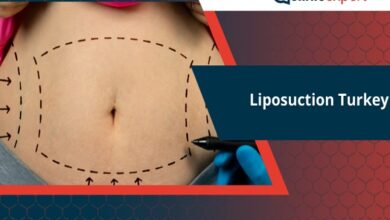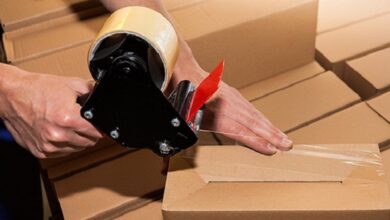Brush Up: Your Future in Makeup Artistry
The world of beauty is a dynamic and ever-evolving canvas, and for those with a passion for colour, creativity, and transformation, a professional makeup artist course is the most crucial tool in your kit.
It’s the bridge between raw talent and a recognised, successful career. Whether your dream is to create breathtaking looks for brides, design otherworldly characters for film, or work behind the scenes at fashion week, the right education is your first step.
This isn’t just about learning to apply lipstick; it’s about mastering a skilled trade that is in growing demand.
The Australian government’s Job Outlook service identifies a stable future for Personal Service Workers, a category that includes makeup artists. It projects that the sector will likely see stable growth in the coming years, with a very large number of job openings expected over the next five years.
This positive outlook underscores the value of formal training to stand out in a competitive field. You can explore this data directly on the Australian Government’s Job Outlook website.
So, what can you expect to learn?
A comprehensive makeup artist course is designed to be both foundational and transformative.
Here is a breakdown of the core content you will typically master.
- Skincare Science and Preparation: Before a single drop of foundation is applied, a professional must understand the canvas. This module covers skin types (oily, dry, combination, sensitive), conditions (acne, rosacea), and the critical importance of hygiene and sanitation. You’ll learn how to properly prepare the skin through cleansing, toning, and moisturising to ensure a flawless, long-lasting application. A great makeup artist course will teach you that beautiful makeup starts with healthy, well-prepped skin.
- Colour Theory and Corrective Techniques: This is where art and science collide. You will delve into the colour wheel, learning about complementary and contrasting colours. This knowledge is directly applied in colour correction—using green to neutralise redness, peach for dark circles, and lavender to brighten sallow complexions. Understanding colour theory is what separates an amateur from a professional artist.
- Mastering the Fundamentals: Face Shapes and Feature Enhancement: Not every technique works for every face. A key component of any quality makeup artist course is learning to analyse different face shapes (oval, round, square, heart) and bone structures. You will be trained in techniques to enhance and balance features through contouring, highlighting, and strategic blush placement, tailoring your approach to each individual client.
- The Core Makeup Application Toolkit: This is the hands-on heart of the program. You will progress step-by-step through a complete makeup application, mastering:
- Foundation: Matching undertones and selecting the correct formula and coverage.
- Concealer: Expertly camouflaging imperfections without creasing.
- Eyebrows: Shaping, defining, and filling to frame the face.
- Eye Makeup: From perfecting a classic smokey eye to understanding eyeliner techniques for different eye shapes.
- Cheeks and Lips: Applying blush for a natural flush and mastering lip liner and lipstick for a precise, polished finish.
- Bridal and Special Occasion Makeup: Bridal makeup is a huge sector of the industry. This specialised training focuses on creating long-wearing, photographable, and timeless looks that can withstand tears and hours of wear. You’ll learn to conduct professional consultations to ensure the client’s vision is brought to life perfectly. A dedicated module on bridal techniques is a hallmark of a thorough makeup artist course.
- Advanced and Creative Applications: For those looking to work in media, fashion, or theatre, advanced modules are essential. This includes high-fashion editorials, character ageing, special effects (SFX) for creating wounds and scars, and body painting. These skills open doors to more diverse and creative career paths. Seeing these techniques in action can be incredibly inspiring.
Here’s a good example from youtube: https://www.youtube.com/shorts/zLvzB3fIjWc
- The Business of Beauty: A successful career isn’t just about skill with a brush; it’s also about business acumen. A well-rounded makeup artist course will cover essential topics like how to build a professional portfolio, market yourself effectively, set your pricing, manage client relationships, and understand the legalities of freelancing or starting your own business.
- Hands-On Practice and Portfolio Building: Theory is nothing without practice. The best courses are heavily practical, providing you with live models and mannequins to hone your skills. This is where you build the confidence and speed required for a professional environment. Crucially, you will begin compiling a portfolio of your work—your most powerful marketing tool when launching your career.
Embarking on a makeup artist course is more than an educational decision; it’s an investment in a creative and fulfilling future. It provides the structured knowledge, technical skills, and professional confidence needed to turn your passion into a viable profession.
In an industry supported by positive government growth data, there has never been a better time to refine your talent.
By choosing a comprehensive makeup artist course, you are not just learning about makeup, you are building the foundation for a vibrant career defined by artistry, skill, and transformation.
You can also read about: Fixing Gaps, Chips, and Missing Teeth: All-on-4 Meets Veneers



